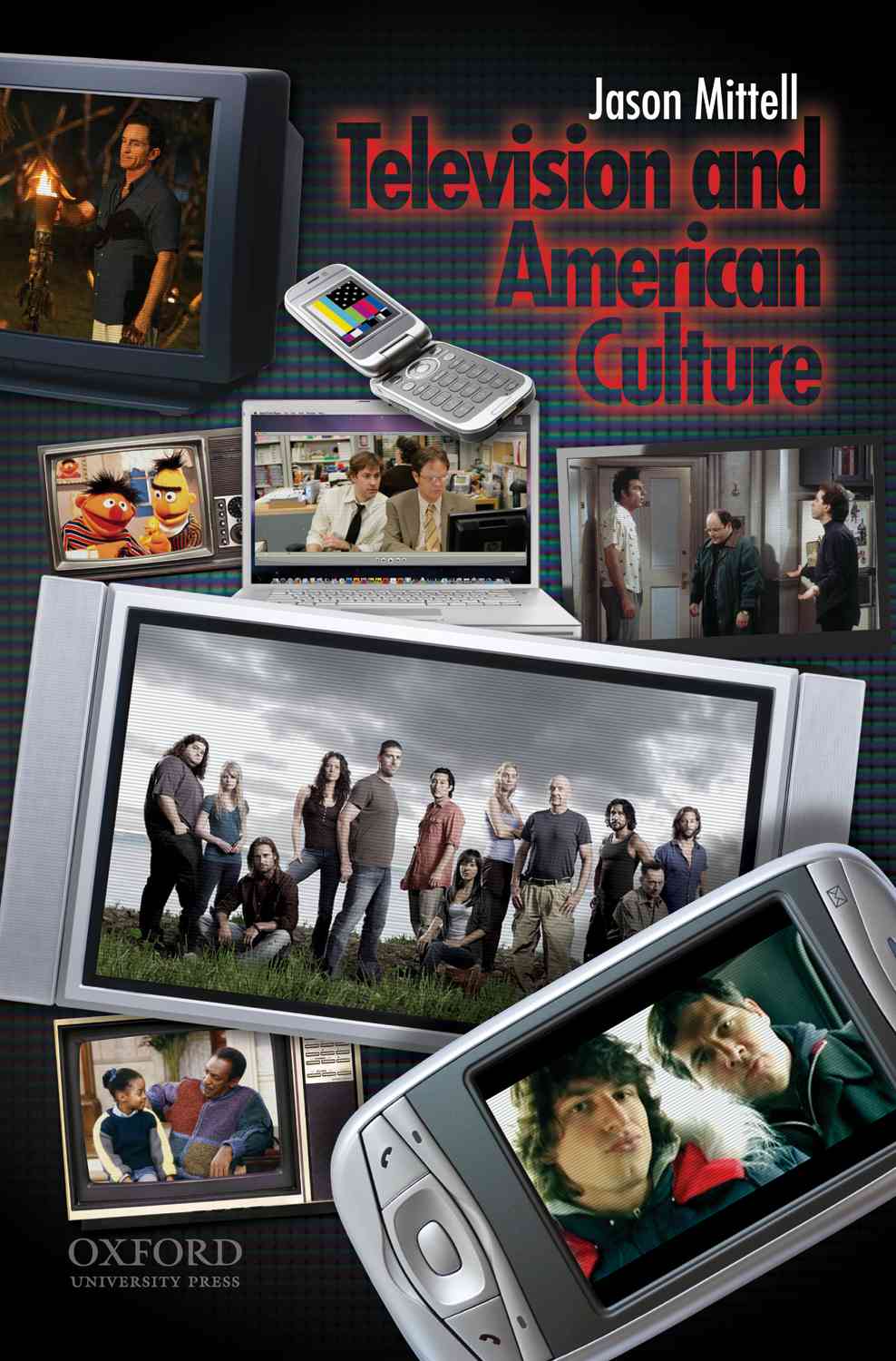Archive for the ‘Videogames’ Category
Best Stuff of 2014
This is not an organized or ranked list. This is a collection of the cultural things (mostly TV, but not exclusively) that I most loved in 2014, presented in alphabetical order. There are many things not on this list – they are absent because either I did not love them or I did not consume […]
Filed under: Animation, Books, Film, Taste, Television, TV Shows, Videogames | Leave a Comment
Tags: bob's burgers, Brooklyn 99, Colbert Report, Fargo, Girls, Hannibal, Her, Jane the Virgin, Last Week Tonight, LEGO Movie, Olive Kitteredge, Review, serial, Sharon Van Etten, Solforge, The Americans, the good wife, The Leftovers, The Wire, This American Life, Transparent, Veep, You're the Worst
Taste Privilege and GamerGate
[I know this has been a dormant site for months, and I have a draft post called “Too Busy to Blog” explaining why & what I’ve been up to, but I’ve not had time to finish it! But I just had some thoughts that are TLFT (too long for Twitter) that I wanted to throw […]
Filed under: Representations, Taste, Videogames | 28 Comments
Tags: gamergate, misogyny, privilege
Like most people I know, I’m sad, angry, and numb in reaction to the massacre of children and their teachers on Friday. While I feel helpless to affect change in a meaningful way, I do what I can via the small contributions to organizations like the Sandy Hook School Support Fund and the Brady Campaign […]
Filed under: Academia, Media Politics, Media Studies, Television, TV Textbook, Videogames, Viewers | 12 Comments
Tags: cultural studies, media effects, media violence, violence
It’s time for another chapter of Complex TV to go live on MediaCommons Press—this time, the topic is Transmedia Storytelling. It builds on work I have done in recent years about how television narratives expand into other media, especially around Lost and its ARGs, but very few of the chapter’s ideas have been published elsewhere. As […]
Filed under: Complex TV, Fandom, MediaCommons, Narrative, New Media, Television, TV Industry, TV Shows, Videogames, Viewers | 1 Comment
Tags: breaking bad, Lost, transmedia
I’m writing from FROG 2011, the Vienna conference on videogames. This conference is unlike any other I’ve been to in a range of ways: it’s my first game studies conference, which means the range of presenters and disciplinary backgrounds is broader and more eclectic than at the typical television or media studies conference. It’s sponsored […]
Filed under: Narrative, New Media, Technology, TV Shows, Videogames | 7 Comments
Tags: Lost, portal, transmedia
Best TV of 2010: The Top Tier
Last year, I skipped my annual Best Of list for a collection of decade-bests. Since we’re arbitrarily back to thinking annually this year, here’s a look back on the TV highs of 2010. I’m not interested in forcing everything into clear rankings, so like my decade lists, I’ll divide it into tiers – the Top […]
Filed under: Taste, Television, TV Shows, Videogames | 1 Comment
Tags: breaking bad, louie, parks & recreation, red dead redemption, terriers
Teaching Technology: Video Games
Here’s the third entry in my series of posts highlighting my students’ work from my Media Technology course. One key medium that we studied was videogames, and it has been a challenge to think about how to create a project that allows students to make media criticism using videogame technology – if I had the […]
Filed under: Middlebury, New Media, Teaching, Technology, Uncategorized, Videogames | 1 Comment
Tags: machinima, rock band
Over the past couple of days, I read Ian Bogost‘s book Unit Operations: An Approach to Videogame Criticism. It’s very, very good, and I’m sure will be very influential within game studies and media studies more broadly. It’s certainly going to be helpful as I revise my article on The Wire. And Ian’s a great […]
Filed under: Academia, Books, Media Studies, New Media, Videogames | 5 Comments
Gaming Across the Curriculum
Today was Middlebury’s Library & Information Services in-service day, where all the staff gets together to do a workshop, and celebrate the end of the academic year. Inspired by the gaming lab developed for my course Media Technology & Cultural Change, the theme of today’s session was videogames. The morning started out with a brief […]
Filed under: Middlebury, New Media, Teaching, Videogames | Leave a Comment
Update: The book containing this essay, Third Person: Authoring and Exploring Vast Narratives, is out and quite excellent! Buy it now! Also, the final version of the essay is online at Electronic Book Review, along with a “riposte” from Caroline Levine. I have been invited to contribute an essay about the fabulous HBO show The […]
Filed under: Narrative, TV Shows, Videogames | 33 Comments
Tags: The Wire
In my previous post about not turning-off TV, one common argument that I didn’t mention is the media effects paradigm: watching TV causes violence, anti-social behavior, sexual permissiveness, etc. It’s a dead-end argument for many reasons, especially in inspiring a generalized ban or dismissal of the medium – even if some programming does cause some […]
Filed under: Media Studies, Videogames | Leave a Comment
Some Sunday morning reading
Grab your cup of coffee and mull on the following: Interesting account of the controversy surrounding the videogame Super Columbine Massacre, which offers social commentary through satire in game form. For many, it hits too hard & close to tragedy, even though it intends to critique the culture of violence that it has been accused […]
Filed under: Media Studies, TV Shows, Videogames | 2 Comments
Tags: Wikipedia
A nice article in today’s New York Times discusses the growth in interactive technologies for watching television, such as DVRs, enhanced programming, and the like. The article does a good job noting that such innovations encourage viewer activity, while acknowledging that the assumed mode of “couch potato” viewing was never as pervasive or passive as […]
Filed under: Technology, Videogames | 1 Comment








